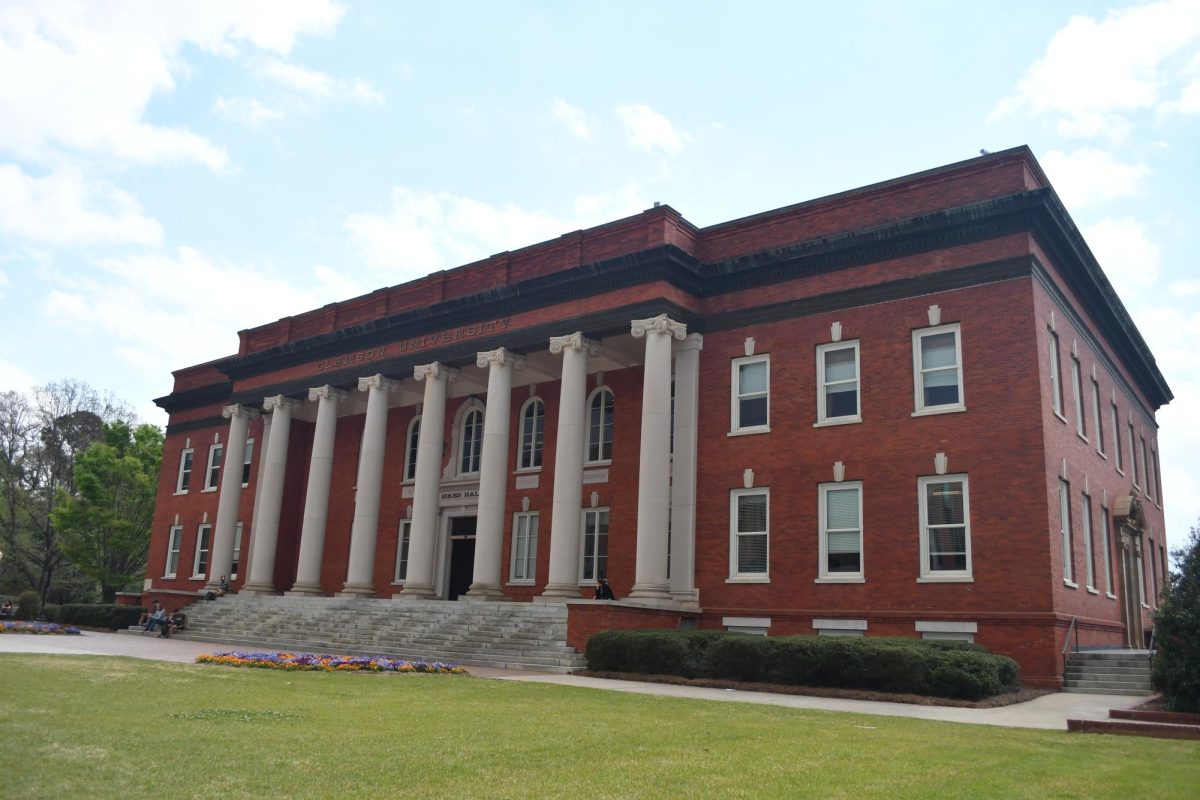Congress recently passed a proposed tax reform bill titled The Tax Cuts and Jobs Act that puts harsh financial burdens on graduate college students and recent college graduates. Under this bill, graduate and doctoral students are taxed on the tuition waivers their schools provide. It is the Graduate Student Tax.
As their name implies, these tuition waivers are not a “salary”; they simply exempt graduate students from paying tuition. Indeed, graduate students never actually see the money these waivers hypothetically represent. Nevertheless, the tuition waivers are the students’ financial support lifeline, making graduate school affordable to those who otherwise wouldn’t be able to pursue a graduate education. The modest stipend paid on top of the waiver usually barely covers housing, utilities and other basic needs. For example, a Clemson University graduate student who receives about $40,000 in yearly tuition waivers and about $20,000 in actual pay would have a taxable income of $60,000 a year under the new bill — now including the money they do not receive. This pushes the tax burden up from around $1,800 to $10,000 a year. Thus graduate students would have to spend half of their modest stipend on taxes.
Clearly, the Grad Student Tax would make pursuing a graduate education impossible for many prospective students, and even current students are likely to drop out. This is highly problematic because Clemson’s research and teaching activities rely heavily on the efforts of graduate students. Most Clemson professors use teams of graduate students to conduct research activities, and many classes have a Teaching Assistant that does the grading, lab discussions and even part of the actual teaching. Clemson would either have to increase graduate students’ salaries to compensate for the Grad Student Tax or hire more professors to do all the work. Either option would result in noticeable tuition hikes for all Clemson students!
At a broader scale, the Grad Student Tax means that talented individuals will be precluded from pursuing a graduate education. As most of the R&D produced by US industries is currently done by workers with graduate degrees, the amount and impact of the research produced in the United States will decline drastically due to the Grad Student Tax, hindering the advancement of America’s technological progress and leadership. America would likely lose the brightest researchers, educators and entrepreneurs to more welcoming and accessible graduate programs elsewhere in the world.
Therefore, it is crucial to urge congress to oppose this provision that repeals Section 117(d). It is important to call and urge your congress senator to say no to the Grad Student Tax. Let your senator know how this Grad Student Tax influences you personally and how it spells disaster for graduate education in general.








